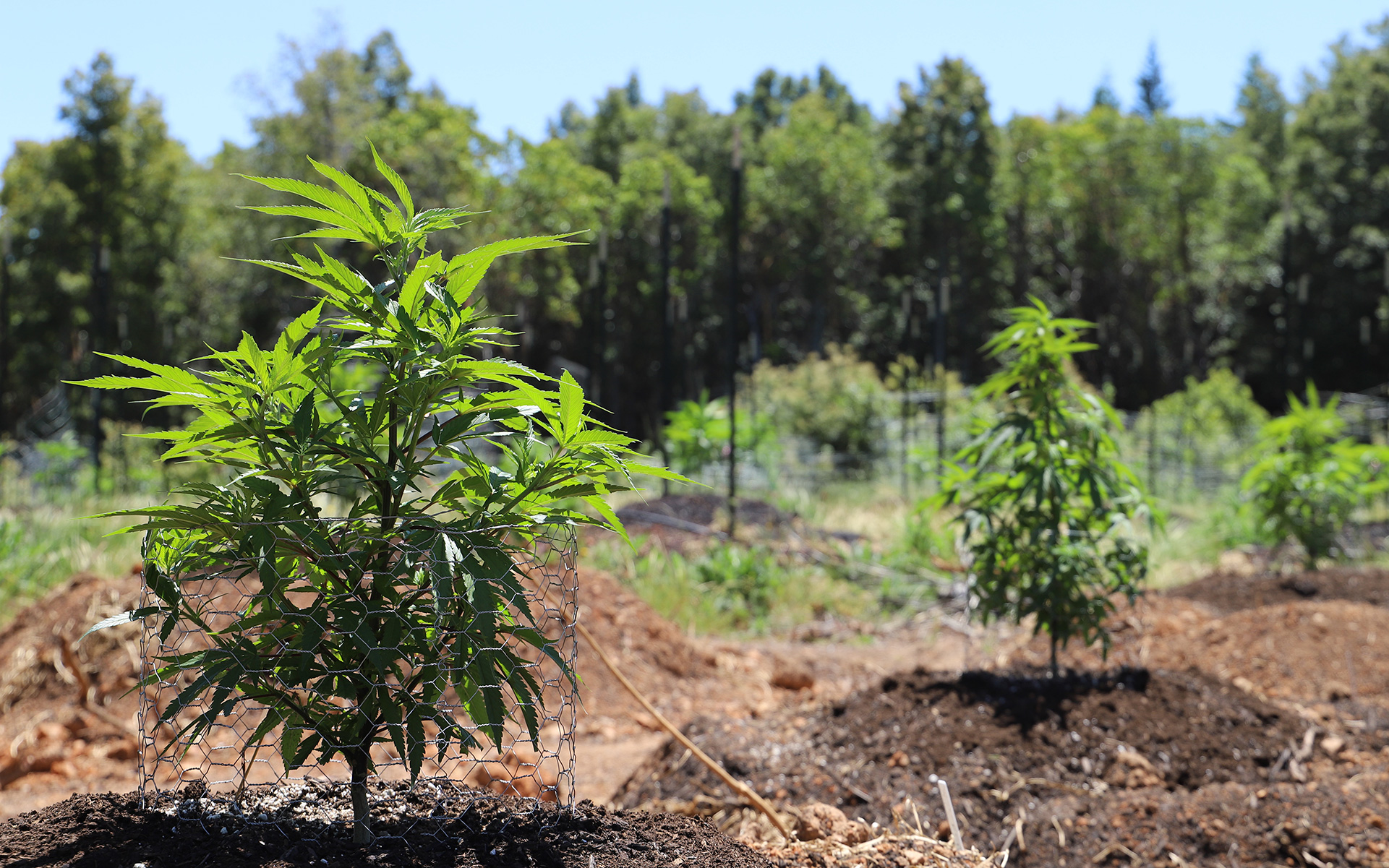Cannabis cultivation has gained significant attention recently, driven by evolving legal landscapes and increasing acknowledgement of cannabis with regard to medical and recreational work with. However, before starting on cannabis fostering, understanding the legal framework governing it is very important. This article gives a comprehensive overview of the important legal considerations for cannabis cultivation, centering on local laws and regulations.
Understanding Cannabis Legalization
Typically the legality of hashish cultivation varies broadly across different jurisdictions. In certain regions, cannabis cultivation is completely legal for the two medical and recreational purposes, when it is in others, it remains strictly prohibited. It’s essential to research and adhere to the particular laws governing your location, as they dictate what activities connected to cannabis nurturing are permissible.
Healthcare vs. Recreational Farming
Local laws usually distinguish between clinical and recreational cannabis cultivation. Medical hashish cultivation may have distinct requirements and rules compared to recreational cultivation. For occasion, medical cultivation might require licensing or even permits which are not needed for recreational stating.
Licensing and Permits
In many sites where cannabis farming is legal, acquiring a license or perhaps permit is a new mandatory requirement. These kinds of licenses typically manage the scale of fostering, the types of cannabis goods which can be grown, and even the security actions that must end up being in position. It’s necessary to understand the software process, fees included, and any continuing compliance requirements related with these licenses.
Zoning and Property Use Regulations
Local zoning laws generally dictate where marijuana cultivation can take place. They might specify permissible places such as industrial zones or rural areas and enforce restrictions on cultivation near schools, home areas, or other sensitive locations. Compliance with these housing code regulations is crucial to avoid lawful complications or fines.
Security and Security Regulations
Cannabis farming operations are often subject to strict safety and security regulations. These may include requirements for safeguarded fencing, surveillance devices, alarm systems, in addition to protocols for coping with and storing cannabis products. Compliance assures both the basic safety of the operation and even adherence to lawful standards.
Environmental Polices
Environmental considerations are increasingly important in cannabis cultivation restrictions. Local laws may well require adherence in order to specific practices to be able to minimize environmental effects, such as drinking water usage restrictions, spend disposal protocols, and even restrictions on pesticide and fertilizer make use of. Understanding and employing these regulations are usually critical for environmentally friendly cultivation practices.
Compliance with Taxation Regulations
Cannabis cultivation is frequently subject to particular taxation laws in addition to regulations. These can include cultivation taxes, product sales taxes on hashish products, and some other excise taxes. Being familiar with the tax commitments associated with cannabis cultivation is necessary for legal complying and financial preparation.
informative post and Toil Laws and regulations
Employment techniques within cannabis fostering operations are subject to standard labor laws governing wages, working conditions, and even employee rights. It’s crucial for cultivators to adhere in order to these laws to maintain a certified and ethical workplace.
Interstate and Global Considerations
For locations where cannabis farming is legal, right now there may be extra considerations regarding interstate commerce and cosmopolitan trade. It’s significant to understand any kind of restrictions or demands related to transporting cannabis across express or national region to ensure complying with applicable regulations.
Bottom line
Navigating the legal landscape of cannabis cultivation needs a thorough knowing of local laws and regulations. Compliance with these kinds of laws not only ensures legality but also fosters the sustainable and responsible cannabis industry. Like laws continue to evolve, staying well informed and adapting practices accordingly will be crucial for cultivators aiming to run within the bounds from the law.
Inside summary, even though the legalization of cannabis nurturing presents opportunities, this also necessitates some sort of meticulous approach to compliance with community regulations. By putting first legal considerations plus maintaining awareness involving regulatory developments, cultivators can navigate typically the complexities in the lawful framework effectively.
This article provides the foundational understanding regarding the legal factors for cannabis fostering, offering insights directly into the regulatory surroundings that cultivators need to navigate to run legally and sensibly.